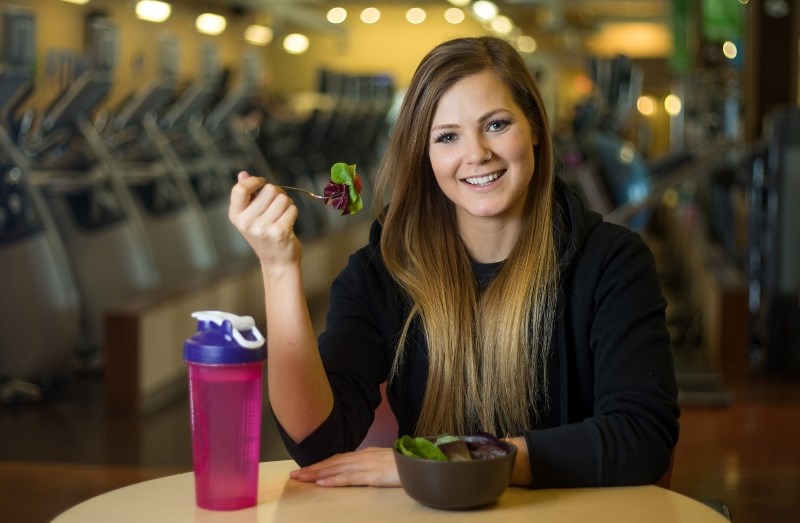Grocery stores are introducing more organically-grown items to their shelves, but there is still debate over whether it’s worth the extra cost to buy.
The Canadian Food Inspection Agency identifies an organic product as being grown with no synthetic chemicals, pesticides, herbicides or fertilizers.
Brenda Shaw, owner of Okotoks Natural Foods, said buying organic ensures people aren’t consuming potentially harmful toxins through their produce.
“I would recommend the organics,” said Shaw. “Buying organic, you’re ensured you’re not getting any of that, any trace amounts of any of those chemicals in your food.”
She said conventionally-grown produce is often coated in chemicals, which can be absorbed into the fruit or vegetable itself and ingested by the consumer. Safer foods would include items like avocados because of their thicker, less-porous skins, she said.
There is a list called The Dirty Dozen put out by the Environmental Working Group, which lists the most potentially harmful non-organic produce, she said. The list includes strawberries, apples, nectarines, peaches, celery, grapes, cherries, spinach, tomatoes, bell peppers, cherry tomatoes and cucumbers.
“For people who maybe can’t afford to buy everything organic, then they can just sort of go by the dirty dozen list, the ones more heavily-sprayed with herbicides and pesticides,” said Shaw. “If you were going to do only a portion of your diet organic, those would be the ones to definitely get on the organic list.”
She said commercial fruit and vegetable washes are helpful in removing some of the harmful chemicals, but they can’t remove those toxins that have been absorbed into the food.
Another reason to eat organic is for the nutritional benefits, she said. Some studies show organically-grown food is higher in vitamins and minerals than non-organic, she said.
“A lot of organic producers will do things like crop rotation, putting minerals into the soil, so the soil itself is generally a lot healthier, so therefore the food itself is as well,” said Shaw.
Nutritional therapist Kirianna Crowe said she’s not sure the evidence justifies the elevated cost of organic foods.
“Studies have shown there may be a slightly higher percentage of nutrients in certain organic foods, in the organically-grown versus the non-organically-grown foods, but there hasn’t been a lot of convincing information to make it work the price difference we see,” said Crowe. “Chances are you’re not really going to get that many more vitamins and minerals out of organic food as opposed to non-organic food.”
Crowe said it’s possible organic foods could contain more antioxidants and phytonutrients, which have both been proven to prevent disease and help the body function better by eliminating carcinogens.
They’re higher in phytonutrients because without the use of chemicals, the plants have to use their own natural defense mechanisms, she said.
“Organic foods aren’t treated with as many chemicals, so the plants aren’t comfortable,” said Crowe. “Plants, when they’re stressed, produce more of those defense mechanisms, and phytonutrients are a plant’s defense.”
When a plant releases its phytonutrients, they help by strengthening the stem or shell to protect against the environment or predators, she said. This becomes a boost of fibre when humans ingest the fruits or vegetables derived from the plant, she said.
However, not all organic farms will produce plants with phytonutrients, because some may use different types of pesticides in their production, she said.
The regulations behind organic farms state only that pesticides have to be certified natural and appear on a specific list of products in order for food to be certified as organic.
“That doesn’t mean they’re less toxic than the pesticides used in conventional growing, so that’s one thing to consider,” she said. “Just because something’s natural doesn’t mean it’s safe. It could be just an dangerous or toxic as the pesticide used in conventional growing.”
She said there haven’t been any studies that reveal produce containing toxic levels of any kind of pesticide. In fact, none register more than trace amounts, she said.
Unless a person consumed pounds of the food at a time, the body should be able to get rid of any trace level of chemicals, she said.
“We wouldn’t be a human race without being able to detoxify ourselves using our own organs,” said Crowe.




